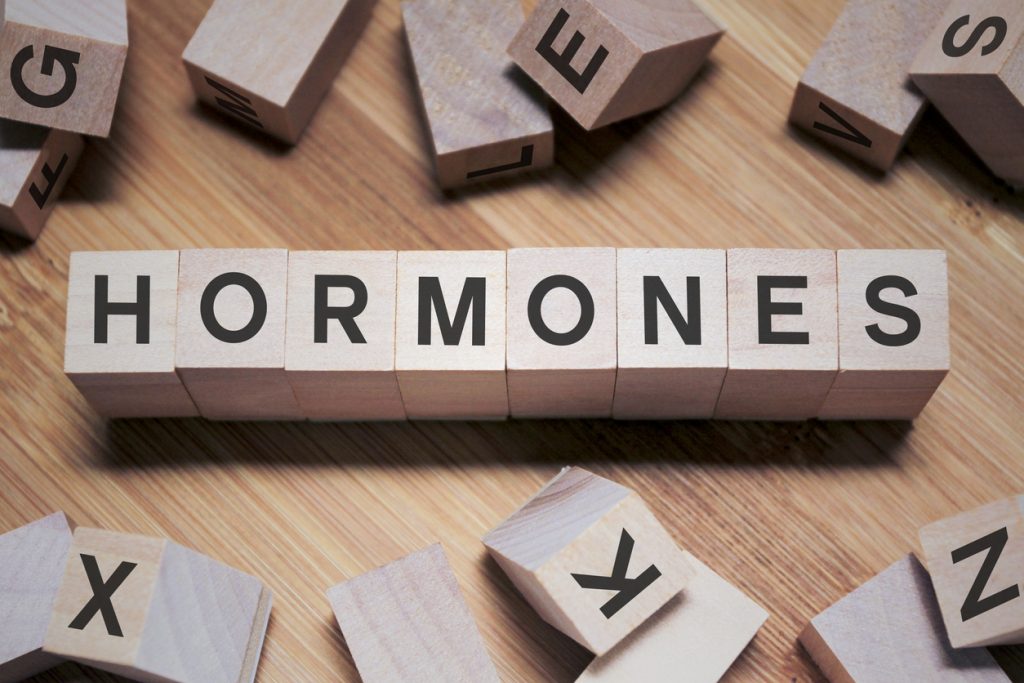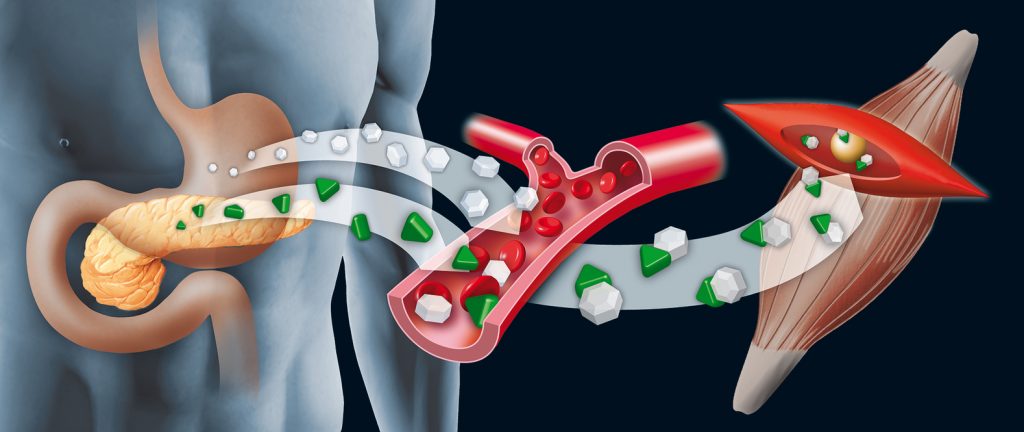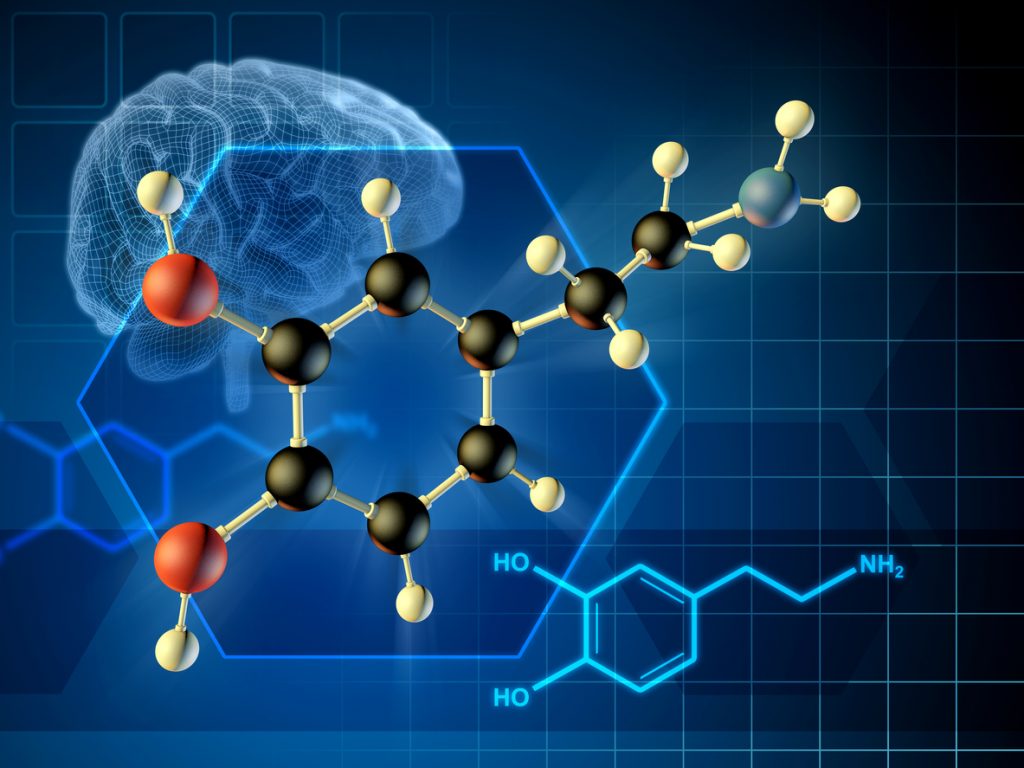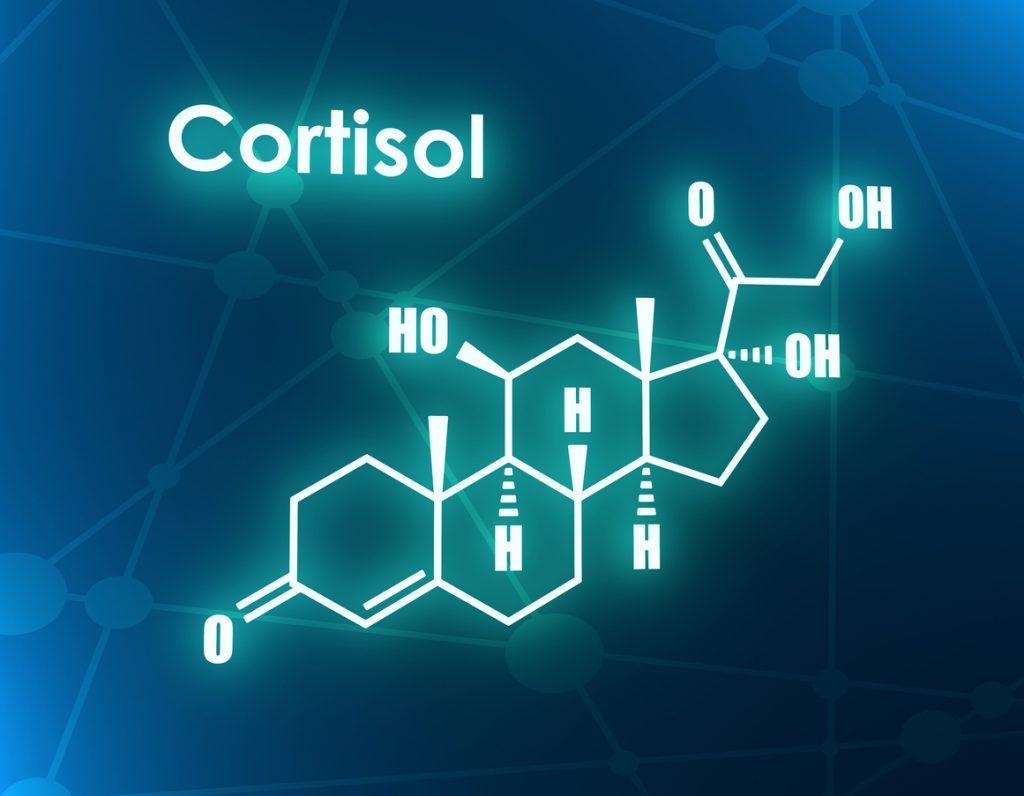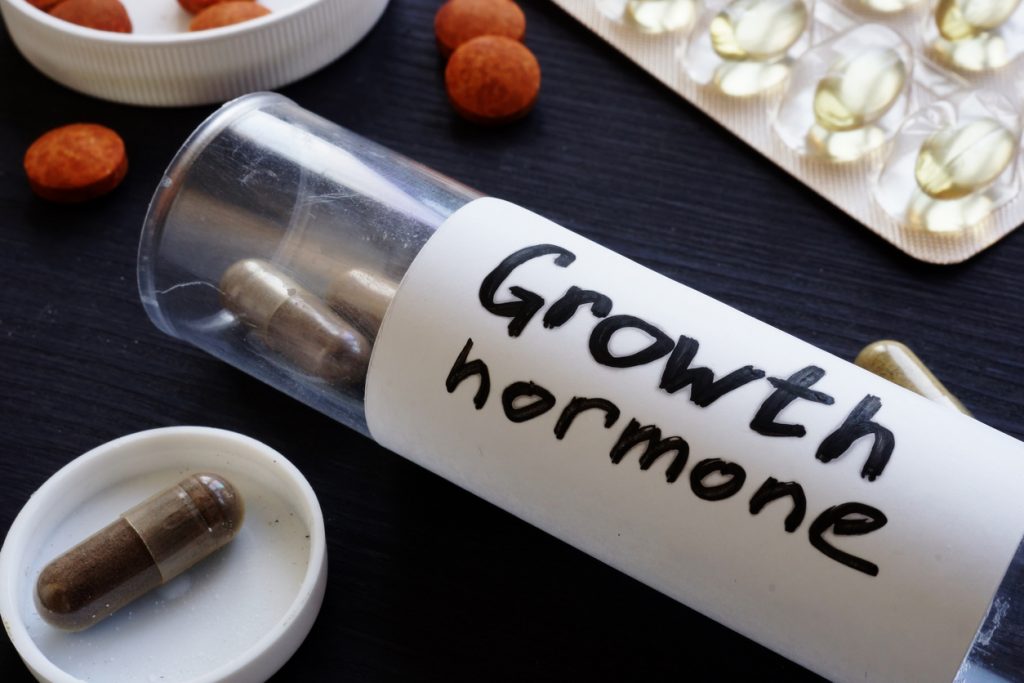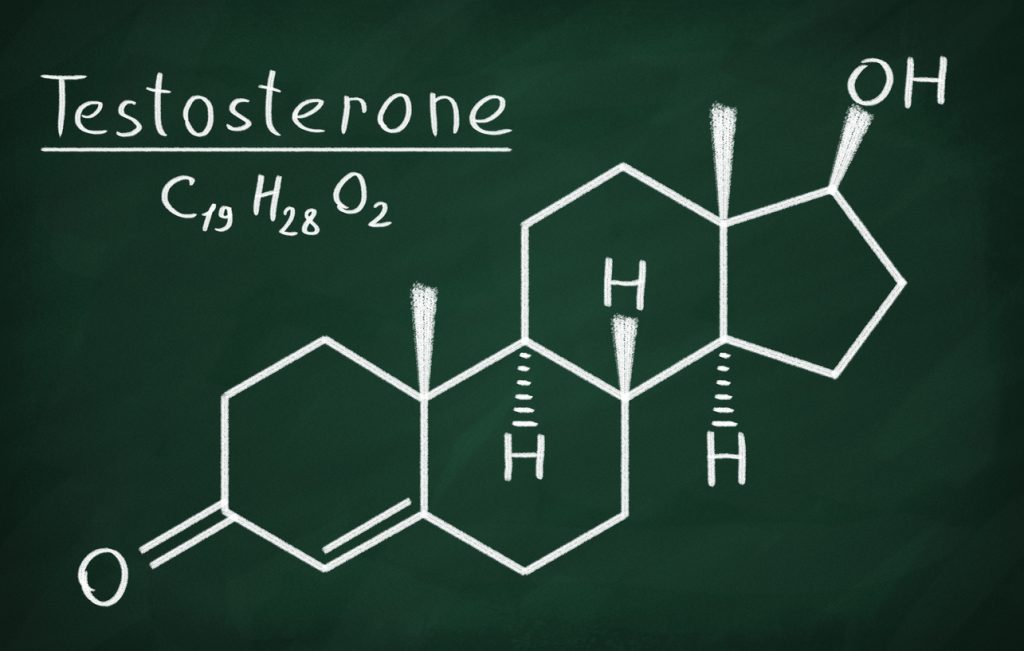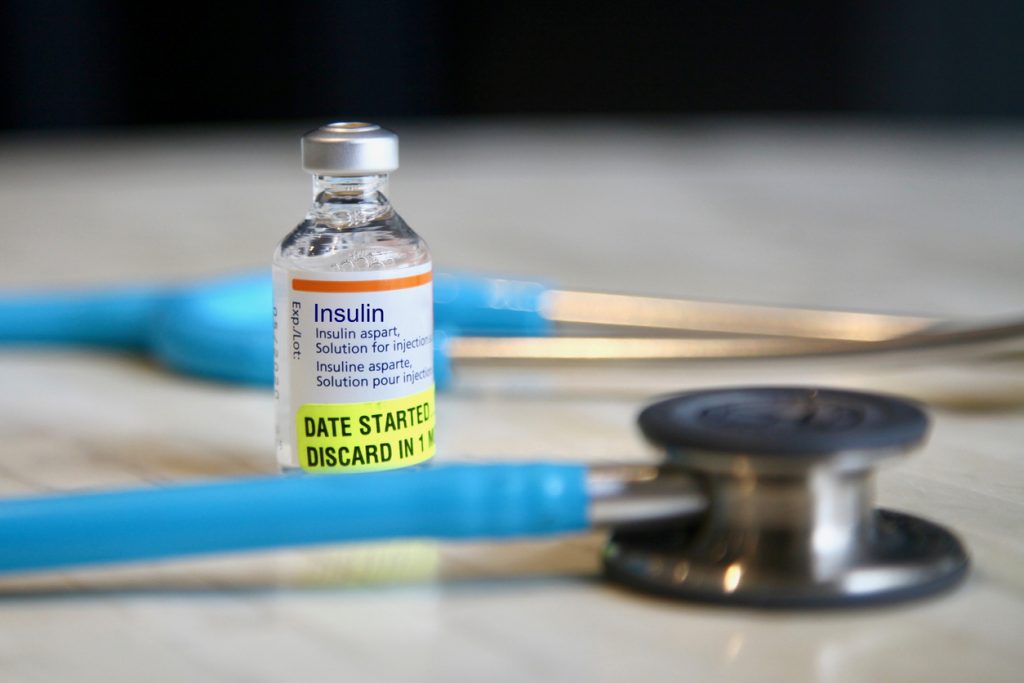Very often, excess food intake is considered the main cause of obesity or excess weight. However, hormones are also responsible for the increase or reduction of the body's fat stock. What we are interested in is the benefits of hormones during the cut. The regulation of some hormones according to sleep allows to lose the mass of fat, difficult to burn in our body.
Nature Communications showed a study result that analysed the relationship between body mass, sleep and hormones. This research showed that lack of sleep increases the temptation to eat more than normal. Indeed, the body demands more food to complete the sleep void. In particular, in this case, we totally lose control of our appetite by eating non-stop.
You may have in mind that it seems contradictory to the information we know that people who sleep more are those who have developed body mass. However, it is necessary to point out that we are talking about sleep which is not negligible during the night but not the nap in between during the day.
Read this article to the end to understand that a good night's sleep can absolutely burn our fat stores and lose as much weight as we want.
But what are these hormones and how can they get rid of body fat?
Leptin
Leptin is a hormone that is linked to our nervous system. It plays an important role in regulating our body's metabolism. For more details, this hormone sends a message to our brain when we are full. This, in turn, promotes a metabolism that burns a certain amount of fat.
In order to optimise fat loss, a good concentration of leptin in the blood is useful for the brain to reactivate at the right time to destroy unwanted fat mass. The sufficiency of the leptin level in our body actually depends on the stability of our sleep. Notably, the Journal of Clinical Endocrinology and Metabolism published a study that elaborated on this topic.
In summary, the research said that leptin production is related to sleep duration. On the other hand, the respect of sleep or the consideration of 8 hours of complete sleep reduces the production of other hormones such as cortisol and the thyroid stimulating hormone or TSH.
Researchers argue that neuroendocrine control of appetite is moderated by sleep. In all, complete sleep boosts leptin, which influences the brain to control the metabolism for fat destruction and subsequent weight loss.
Ghrelin
A sleepless night immediately leads to hunger. How can this be explained? The main reason is ghrelin, which is more stimulated in case of lack of sleep. However, this hormone in turn sends the desire to eat to the brain, hence the persistence of the appetite.
So this hormone works against leptin. A study in the Journal of Sleep Research talks about how a significant increase in this hormone condemns the body to obesity.
Adiponectin
The regulation of several metabolic processes including fat oxidation is the role of this hormone. Optimising adiponectin levels increases insulin tenacity and reduces the risk of diabetes. A publication in the Journal Physiology and Behavior shows a study that develops the interdependence of adiponectin production and sleep.
Obviously, reduced sleep is associated with a drop in adiponectin levels, which is a major cause of cardiovascular events in Caucasian women. Indeed, this hormone is also an anti-inflammatory that protects against cardiovascular problems.
So, adiponectin is also a fat-burning hormone.
Insulin
When the body is too resistant to insulin, the person is regularly weak in controlling his food intake. The Journal of Applied Physiology publishes an article that informs that the persistence of insulin hormone sensitivity is due to chronic sleep loss. As a result, hunger and appetite become a weakness of the body. Of course, the increase in body fat is assured, weight gain is inevitable.
Glucagon
This hormone acts in the opposite way to insulin. Glucagon promotes the transformation of fat mass in the body. In other words, it associates with fat in the fat cells and converts them into energy. 4. 5 hours of sleep each night does not allow for sufficient glucagon levels in the blood.
Cortisol
This hormone does more harm to the body than good. The journal Sleep published an article on a study in 1997 which stated that the rise in cortisol levels is identifiable the evening after an all-nighter.
However, cortisol leads to an increase in fat storage which weakens muscle mass. In principle, the spike in this hormone is caused by uncontrolled stress, and is often referred to as the stress hormone.
Indeed, sleep instability leads to nervousness and stress amplification which is bad for the metabolic and cognitive process.
Growth hormone
During deep sleep in phase 4, the body regains energy. But more than that, it stimulates the production of hormones, including the growth hormone or GH. We are well aware of the virtues of this hormone in relation to the regeneration of muscle mass.
It plays an important role in improving fat metabolism. People who frequently have sleep disorders risk destabilising the production of this hormone and do not have sufficient concentration for the balance of muscle mass and fat mass.
The Journal of Psychiatry and Neuroscience publishes a study conducted in 1991 that reducing the number of hours of sleep reduces the production of growth hormone. In short, the GH hormone stimulated during sleep is really indispensable for the carbonisation of fat.


